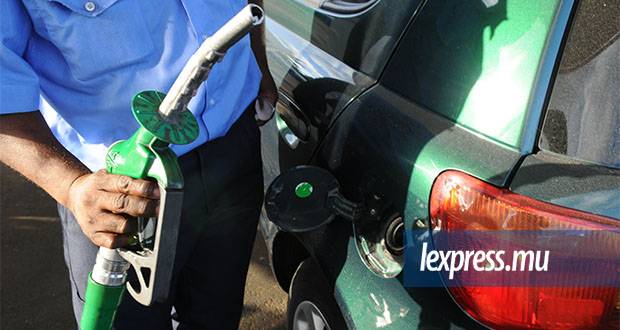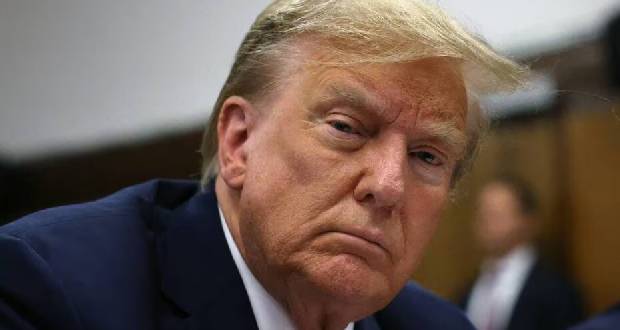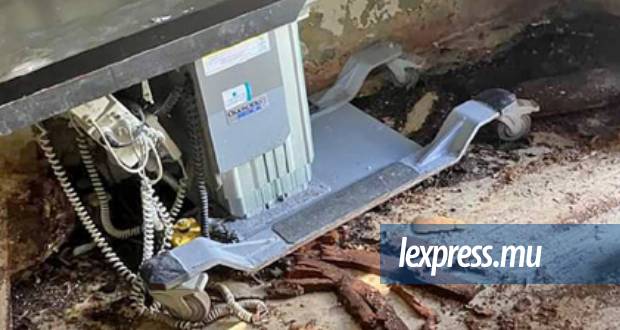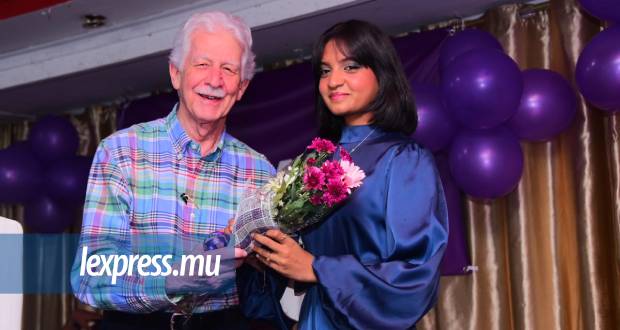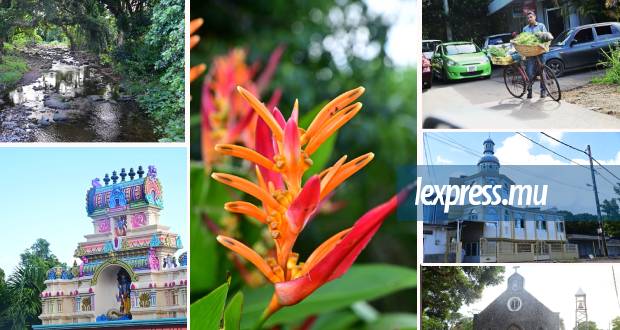Publicité
A rebuttal of the UK’s case (Part II)
Par
Partager cet article
A rebuttal of the UK’s case (Part II)


David Snoxell, Coordinator of the Chagos Islands All-Party Parliamentary Group takes on Mathew Rycroft, the UK’s Permanent Representative to the United Nations, by replying to each point of his presentation at the United Nations General Assembly in a series of articles, the second of which we publish today:
Since September, we have had three substantive rounds of talks, and as I said we held discussions with Mauritius at Ministerial level here in New York this week. Despite every effort by the UK, we have not yet succeeded in bridging the differences between us. I regret this, but we remain committed to bilateral discussion.
This Assembly should also know that we have made significant offers to Mauritius. In 1965, we made a binding commitment to cede sovereignty of the Chagos Archipelago to Mauritius, when the archipelago is no longer needed for defence purposes. In the recent bilateral talks, our offers to Mauritius signalled very clearly that we acknowledge Mauritius’s long-term interest in the archipelago. And we used the talks to try to increase mutual confidence between us, on those very matters that divide us.
The commitment to cede sovereignty was a demand of Mauritius in return for the detachment of the Archipelago and accepted by the UK in the 1965 Lancaster House agreement. The Mauritian Premier and his ministers agreed reluctantly in the knowledge that HMG would have gone ahead anyway without their consent. It cannot now be characterised as an ‘offer’. Recognising Mauritius’ long term interest was found to be a legally binding requirement by the 2014 UNCLOS Arbitral Tribunal award. After 17 years of UK foot dragging increasing mutual confidence can only be established by a willingness of both sides to compromise and discuss sovereignty.
So we offered, without prejudice to our sovereignty, a framework for the joint management, in environment and scientific study, of all the islands of the territory except for Diego Garcia. And we offered strategic and tactical forms of bilateral security co-operation. These offers were relevant to the dispute and were seriously made. I regret that Mauritius did not engage on them, because they could have made a big difference to our mutual confidence, and they would give Mauritius a more tangible and direct stake in the archipelago than it has ever had.
These offers are meaningless unless discussed within the context of agreeing a timetable to return the Chagos Archipelago to Mauritius.
It was a surprise to us, Mr President, to see that the draft Resolution links the former inhabitants of the Chagos Archipelago, the Chagossians, with our sovereignty. It’s a surprise, because Mauritius has not made more than a passing reference to the cause of Chagossians during all our bilateral talks. The Mauritian focus throughout the talks was its demand for a transfer of sovereignty.
This line is an attempt by the UK to separate the two issues – sovereignty and resettlement. Mauritius has said for several years that it strongly supports the right of the Chagossians to return to their homeland which could be achieved under Mauritian sovereignty or perhaps co-management.
Nevertheless, the welfare of Chagossians is an extremely important matter and a real concern to us, and I want to be clear about my Government’s position.
Like successive Governments before it, the present UK Government has expressed sincere regret about the manner in which Chagossians were removed from the British Indian Ocean Territory in the late 1960s and early 1970s. And we have shown that regret through practical action and support for the Chagossians ever since. In 1973, the then British Government gave funds directly to the Government of Mauritius to assist with their resettlement. In 1982, a further payment was made through a trust fund.
The UK Government has opposed the Chagossians at every turn by contesting and prolonging the litigation since 1999 and spending millions of pounds doing so. The Government knows that the compensation provided 35 years ago was not properly managed and that the Chagossians derived little benefit from it.
More recently, we have considered very closely the matter of resettlement. We commissioned an independent feasibility study and undertook a public consultation. These found that there is an aspiration among some Chagossian communities for resettlement, but demand appears to fall substantially when those consulted understand more about the likely conditions of civilian life on what are very remote and low-lying islands.
The UK government only conceded a new feasibility study after scientists had demonstrated that the 2002 study was biased and flawed and because of considerable parliamentary (APPG) pressure to do so.
The Government has considered all the available information and has decided against resettlement on the grounds of feasibility; cost; and defence and security interests. While we have ruled out resettlement, we are determined to address the Chagossians’ desire for better lives; their desire for connections with the territory. So, we are implementing a 50 million US dollar support package, which is being designed to improve Chagossian livelihoods in the communities where they now live: in Mauritius, the Seychelles and the UK.
The arguments cited that successive governments have deployed against resettlement have long been seen by the APPG as without substance but in any case manageable. The support package is over a 10 year period and is intended as a substitute for resettlement. It has been rejected by the largest Chagossian community in Mauritius represented by the CRG who are prepared to sacrifice a short term gain for a fundamental human rights principle.
We have already consulted Chagossian groups in all three countries and will continue to do so.
The CRG has not taken part in these consultations.
As I say, Mr President, the Mauritian focus throughout the talks has not been the Chagossians, but Mauritius’s claim for sovereignty over the Chagos Archipelago. The Government of Mauritius has repeatedly pressed us to specify a date for the transfer of sovereignty. We have explained to them why we cannot do this. We made an agreement in 1965 and the UK is standing by that agreement.
The 1965 agreement made under colonial rule should not bind independent Mauritius.
A rebuttal of the UK’s case (Part 1)
(To be continued)
For more views and in-depth analysis of current issues, subscribe to Weekly for as little as Rs110 a month. Free delivery to your door. Contact us: touria.prayag@lexpress.mu
Publicité
Les plus récents
